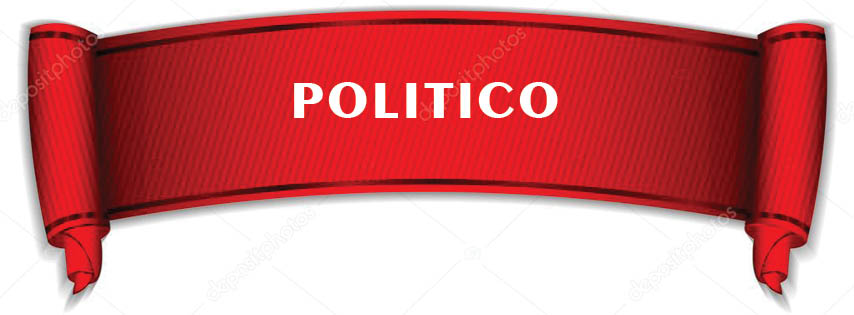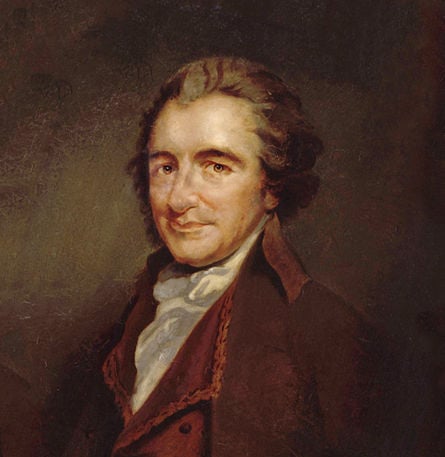
Common Sense
Thomas Paine's "Common Sense" ignited the Revolutionary War. The Honorable Judge HEATHER FERGUSON explores whether it can save us from avarice and ambition.

Thomas Paine
I am an attorney and counselor at law — at least according to my certificate from the Virginia Board of Bar Examiners — and I've been trained to argue a point and to convince a judge or jury to accept my argument as the “right” position. I can spin facts like a deejay spins a record and I can be (bing-bang-boom) extremely persuasive. The counselor at law piece, however, is trickier. I am to provide legal counsel to my client; to advise it of all the legal nuances and recommend a course of action. But, my client ultimately decides which path to travel (so long as it is in the bounds of law and ethics). Ironically, I loathe personal conflict. Though I spend the majority of my week in the courtroom advocating for my client (sometimes it’s like Matlock, sometimes like Jerry Springer), I shy away from confrontations in my home, in personal relationships, even in the marketplace.
My job is not unique, and may not be all that interesting. But, I think it represents a more global picture: a story about war and peace, and why we are a world constantly in conflict. Leo Tolstoy, in his epic novel War and Peace, poses a philosophical question that resonates throughout time: how should one live a moral life in an ethically imperfect world? Of course, that also begs the question, who chooses the morals that dictate what is an ethically perfect world? For isn’t that the crux of this constant struggle between war and peace? Isn’t it a question of who decides what we should believe? What we are allowed to believe?
I remember being forced to read Thomas Paine’s Common Sense while in college and I was befuddled by his theories and writing. Somehow, in my youth, I did not understand the principles that he was asserting. Now, I am beginning to recognize his political brilliance. Paine, born in 1737, was an English author, radical, intellectual, and revolutionary. He is considered to be one of the Founding Fathers of the United States, and his insight regarding man’s perpetual state of conflict is unnerving. Paine articulated “The balance of power is the scale of peace. The same balance would be preserved were all the world destitute of arms, for all would be alike; but since some will not, others dare not lay them aside...for while avarice and ambition have a place in the heart of man, the weak will become a prey to the strong.” Throughout history, this describes each war, each conflict, each revolution, and to some extent each of us and our place in history. So long as greed exists, there will be efforts to coerce and attempts to control the weak.
Though I hate to admit it, I certainly have the desire to persuade others that my position on a subject matter is the “correct” one. I savor the wins in the courtroom. I cannot say that I prey on the weak, but I can say that the system itself does. Isn’t this what we have always done?
So, how do we break this cycle? I am not sure there is an answer, although Paine gives us some direction. “It is never to be expected in a revolution that every man is to change his opinion at the same moment. There never yet was any truth or any principle so irresistibility obvious that all men believed it at once. Time and reason must cooperate with each other to the final establishment of any principle. The moral principle of revolutions is to instruct, not to destroy.” Perhaps then, our efforts should be focused more on the “counselor” aspect in each of us. The idea that each of us has the power to educate others, to guide them in principles, but ultimately, to let them choose their own path. Will that ever be accomplished? Probably not. Even Paine recognizes the juxtaposition that so long “avarice and ambition” are inherent to man, conflict will prevail. But, I still have hope. For as Paine said, “If there must be trouble, let it be in my day, that my child may have peace.”






